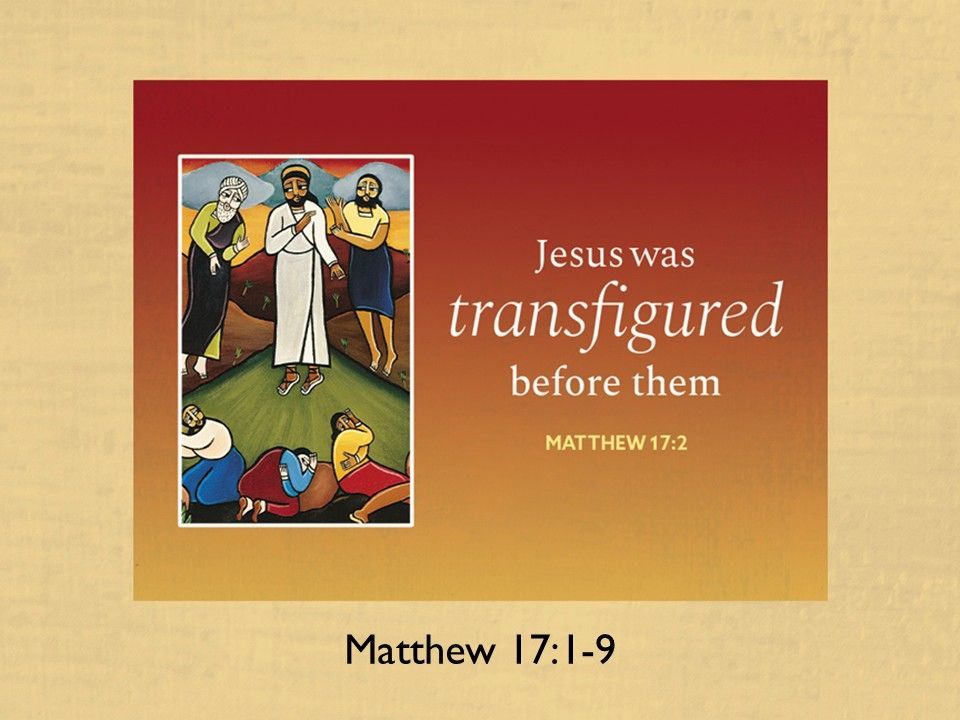08.17.2025 - 10th Sunday after Pentecost - Kris Perkola

In this passage, Jesus seems to warn the people listening to his teachings to turn to his message, even though doing so might bring about division among families and society, because he might return soon. Or that’s one interpretation. This passage is vague enough that multiple ways of looking at it are possible. Is this passage meant to scare us? If so, what is it meant to scare us to do in response?
The first part of the passage is about Jesus causing division. This is in contrast to the promise at Jesus’ birth that he would be a prince of peace. It seems that Jesus’ “fire” that he has come to cast will cause the division. Is the fire the judgement of God? Many have thought so over the years. But it’s also possible that it represents the Holy Spirit. Is his "baptism" in verse 50 his death on the cross? Is it his pouring out of the Spirit on the disciples? It’s hard to say!
As for the division, Jesus often plays up family division, partially to help his followers make peace with the fact that they often must disobey their families (perhaps dishonoring their fathers and mothers) in order to follow Jesus. But this also shows how deep the divisions will go. If even family can’t make it work in these times, can anyone get along?
The last part of the passage deals with interpreting the age the listeners find themselves in. Jesus says that people in his day are good at determining the weather in the short term. They can tell in the morning if it’s going to be a “scorcher” of a hot day. But they seem unable to tell that times for society are also troubled. Why is Jesus mad at them for not being able to do this? The clue is that he calls them “hypocrites”. This means they are perfectly capable of interpreting their times, but they feign ignorance about how to do so. “Things are bad, but haven’t they always been?” and “Things are the same as they ever were,” are the kinds of things people said then and say now that would make Jesus in this passage mad. It’s like Jesus is saying, “No! Things really are worse now than they were before! Pay attention!”
What are we supposed to do with this passage? I think it’s important to read Jesus’ anger and urgency as a cue to us to feel and act similarly. We should be mad about injustice in the world, rather than be apathetic. We should feel the urge to do something now, rather than wait for someone else to handle it or wait for the problem to go away. The comfort comes from knowing, whether he means it in this passage or not, Jesus does give us the fire of the Holy Spirit to motivate us and drive us to action as he calls us to do.















